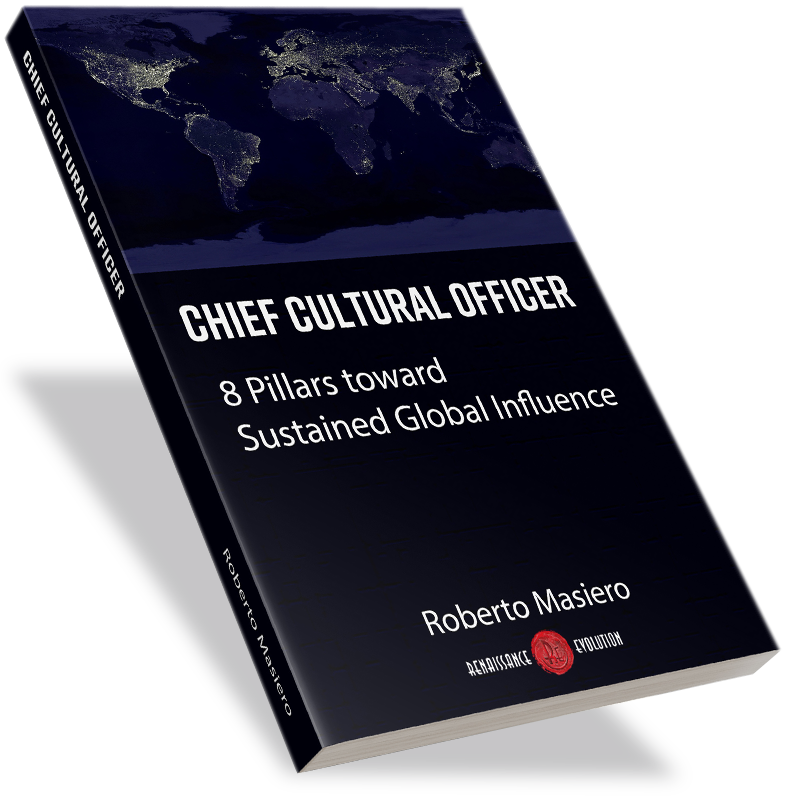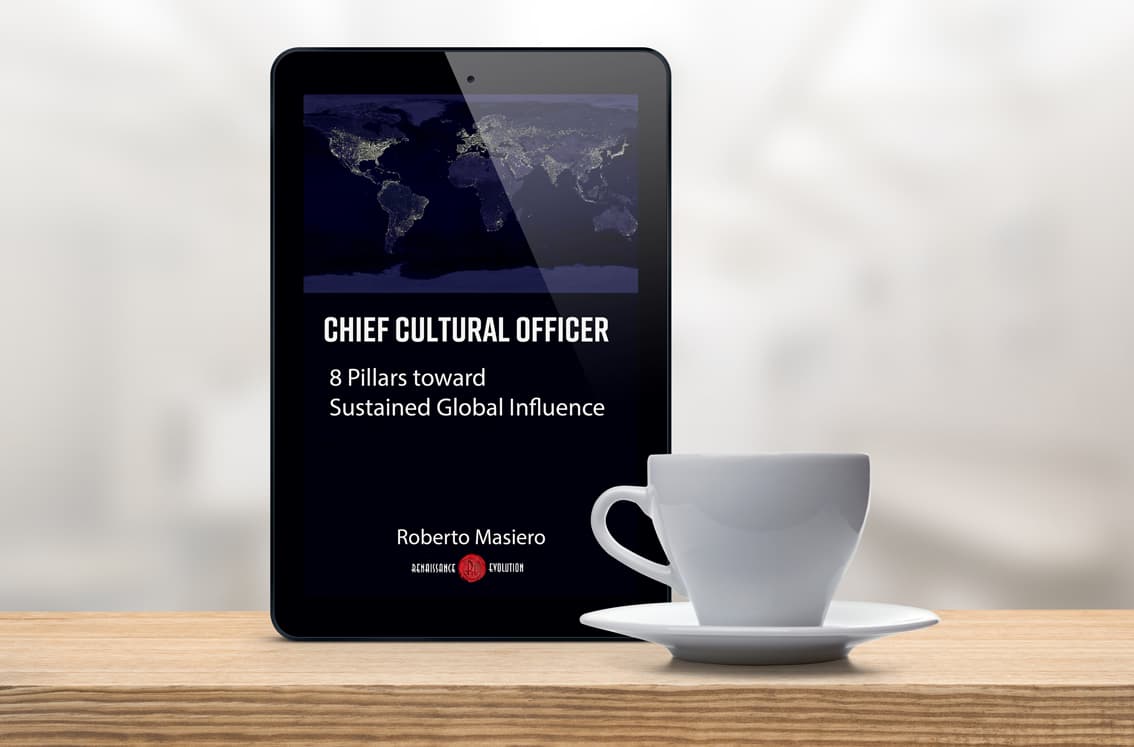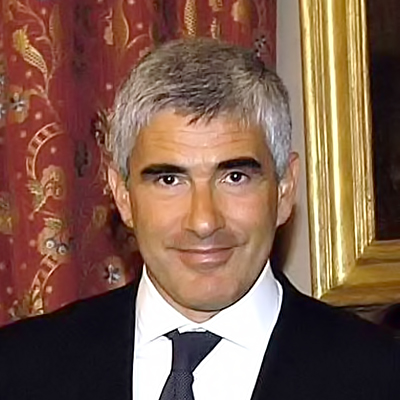
Chief Cultural Officer.
8 Pillars toward Sustained Global Influence

About The Author
Roberto Masiero
is a business and international relations expert par excellence! With an impressive resumé of experience validating the afore statement. Dr. Masiero is the Founder of Renaissance Evolution, a non-partisan/non-profit, market-friendly think tank based in Washington D.C, operating in the Education and public policy space with international reach.
As Founder of Renaissance Evolution Dr. Masiero and his team has developed a new methodology to collaborate with leading international academic institutions, governments, and private sector in the dissemination of the Chief Cultural Officer curriculum.
Roberto is also expert advisor for digital, telecom, cybersecurity, and cleantech sectors. He is a recognized expert in government relations, business strategy, and media marketing strategy. Due to his active interest in the community and endless list of participation for the good of the public, Roberto is considered an important liaison fomenting valuable lines of communication between the United States and Italy, Central America, and South America.
Who Should Read This Book

Download Preview
Not sure of you will like the book or not? Dont worry as we provide a free Chapter preview download.
Get weekly book launches and recommendations.
People Love it
Q&A
The Chief Cultural Officer is a C-Suite position that innovates the discussions of corporate process, corporate outcomes, and corporate impact. This complete view of the company and its global, national, and regional operations as well as its understanding of the local cultures and leading community / political figures in markets represented will in fact position him/her as a corporate
ambassador.
Much like a Secretary of State or Minister of Foreign Affairs, The Chief Cultural Officer will ensure that a company’s global approach to business is market relevant, profitable, and sustainable.
Economic interactions between businesses and consumers are characterized by diversity in country of origin, cultural background, political structure and stability, and economic history and prognosis. Diversity and complexity are the norms. Understanding how to approach and cohesively apply inclusive business practices that allow seamless navigation of the new and continually evolving business diversity issues are key in the successful operation and expansion of companies. A holistic approach will position our Chief Cultural Officer candidates to successfully become the multinational face both internally and externally for its corporation. This new C-Level position will interact with internal divisions of Government Affairs, Diversity, Communications, Strategy, Human Resources, Financial, Operations and others with direct impact on the corporate
A cultural exchange program can be a useful way to explore cultures between companies. This can be an incredibly impactful method to change culture by example. When an undesirable or less than ideal cultural norm exists in an agency, cultural exchange programs can create teams with members from multiple companies. Ideally, one company has the desired culture. The CCO would coordinate the transfer of culture, balance the power dynamics, and ensure the evaluation of culture exchange.
Private Area: |








